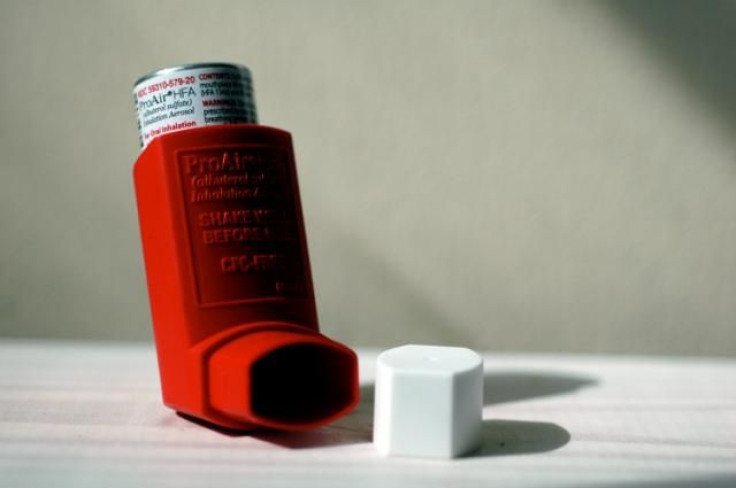Glaxo's Injectable Asthma Treatment 'Nucala' Gets Approval From FDA

The U.S. Food and Drug Administration (FDA) has given a go ahead to GlaxoSmithKline Plc's drug Nucala for treatment of severe asthma. The regulato6ry body said that the drug can be used in combination with other therapies and medications for asthma treatment.
The regulator approves the use of Nucala, also known as mepolizumab, for treatment of patients 12 years or older with a history of severe asthma. The drug can be administered even when the person is taking other asthma maintenance medications.
The FDA granted an approval after the drug showed promising results during the clinical trials in treating patients suffering from severe asthma attacks requiring hospitalization.
"This approval offers patients with severe asthma an additional therapy when current treatments cannot maintain adequate control of their asthma," said Dr. Badrul Chowdhury of the FDA's Center for Drug Evaluation and Research, in a press release.
Nucala is administered once every four weeks with the help of a health professional who injects the drug subcutaneously. The drug can be injected into the thigh, abdomen or upper arm of the patient. Nucala is a humanized interleukin-5 antagonist monoclonal antibody, which is produced inside a Chinese hamster over cell using DNA recombinant technology.
Nucala works by reducing the levels of blood eosinophils, a type of white blood cell, in the patients. These cells are known to make a contribution to the development of asthma.
According to the FDA, in rare cases, Nucala can result in common side effects. Some of these side effects include headache, back pain, weakness and redness, swelling, itching or burning sensation near the site of injection. During the clinical trial, herpes zoster infections occurred in a few patients who received Nucala.
© Copyright IBTimes 2024. All rights reserved.











